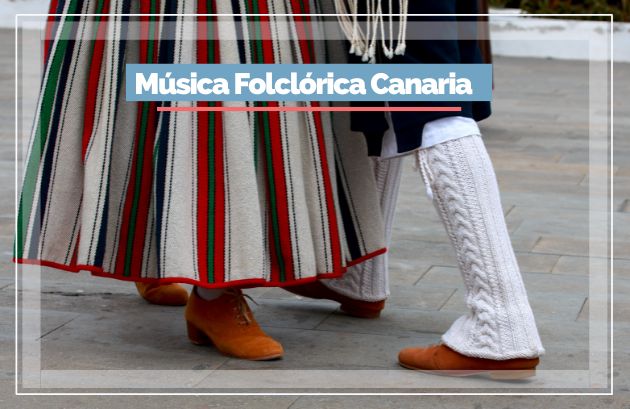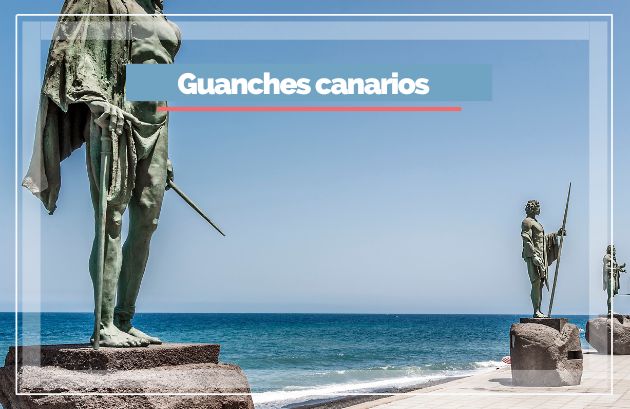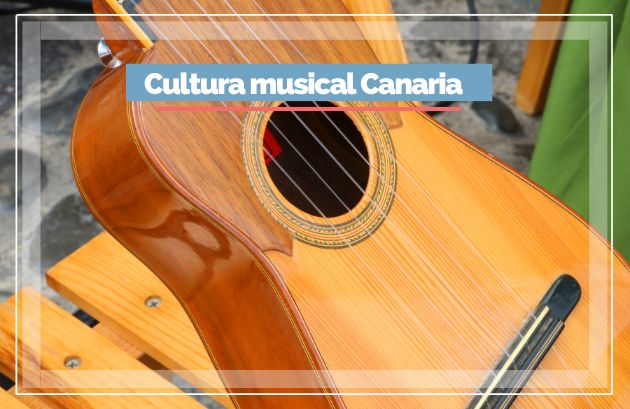Canarian Folk Music and its Modern Influence
The Canary Islands, a Spanish archipelago in the Atlantic, are known not only for their picturesque landscapes and enviable climate bu t also for a rich musical tradition
t also for a rich musical tradition
This music, passed down through generations, is experiencing an intriguing evolution in the modern era.
Musical Roots
Canary Islands folk music is characterized by its diversity, with influences from the native Guanches, as well as from Spain, Latin America, and Africa. Instruments like the timple, a small stringed instrument similar to the ukulele, are emblematic of this tradition. Folías, isa, malagueñas, and tajarastes are some of the typical musical styles, each with its own characteristics and rhythms.

The Timple: A Symbol of Innovation
Historically used to accompany songs and dances, the timple is undergoing a renaissance. Contemporary artists are expanding its repertoire, blending it with genres like jazz, rock, and even electronic music. This innovative approach not only rejuvenates the timple but also introduces it to a broader and more diverse audience.

Artists on Stage
Musicians such as Germán López and Benito Cabrera have been key in this modernization. López, for example, has taken the timple to international stages, collaborating with artists from various genres. His compositions offer a refreshing mix of the traditional and the contemporary, always maintaining the essence of the timple.
Preservation and Education
This musical revival has also spurred renewed interest in musical education. Schools and workshops in the Canary Islands are incorporating these instruments and styles into their curricula, ensuring that the next generation keeps this rich cultural heritage alive. Additionally, festivals like the "Festival Internacional del Timple" in Lanzarote highlight the importance of this instrument in Canarian culture.
Canary Islands folk music is proving that it is possible to stay true to cultural roots while embracing modernity. This fusion of the old and the new not only preserves the islands' musical tradition but also enriches it, ensuring its relevance and appreciation in the future. With every note of the timple and each folk rhythm that resonates on modern stages, the Canary Islands continue to tell their unique story to the world.
